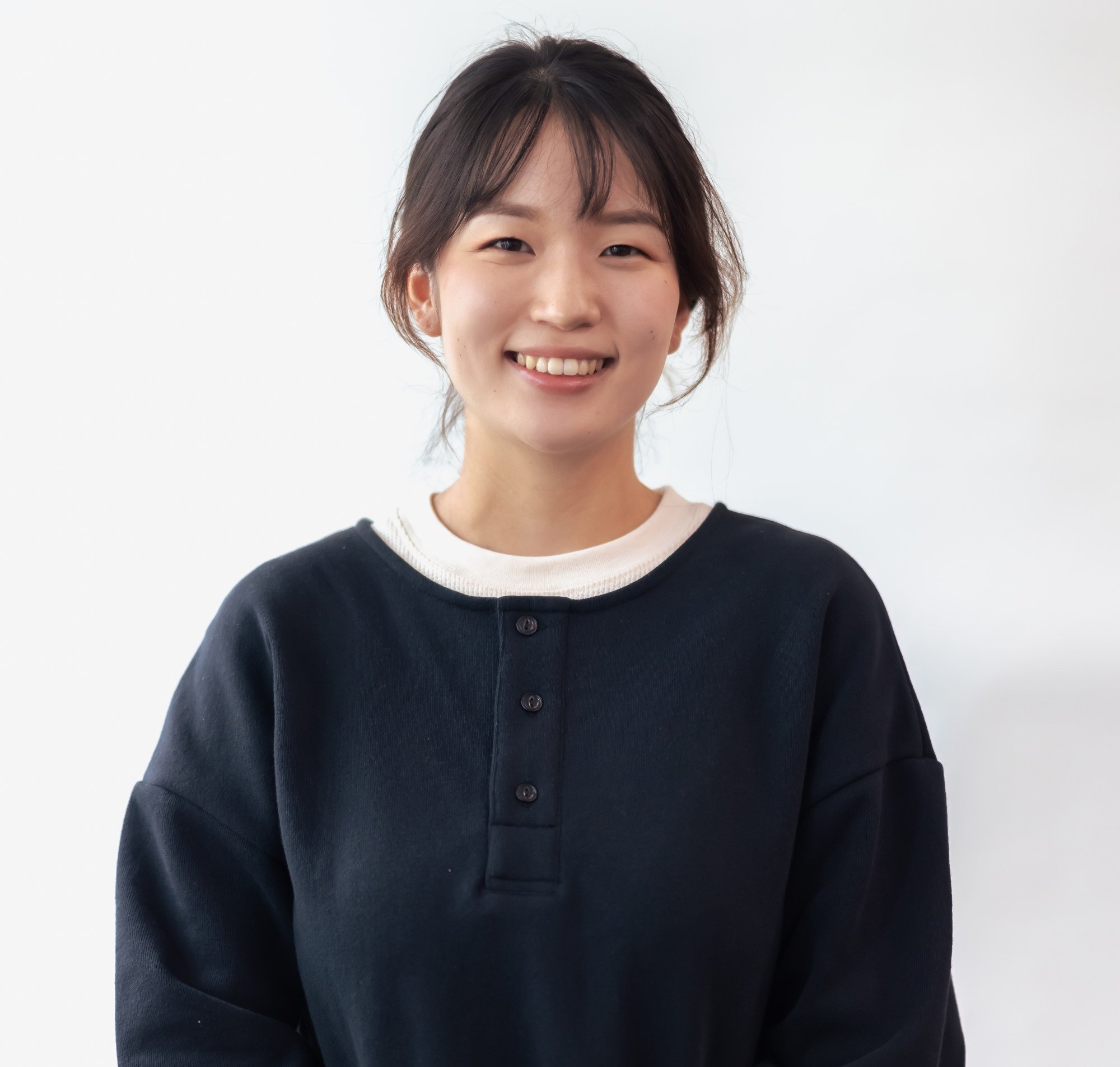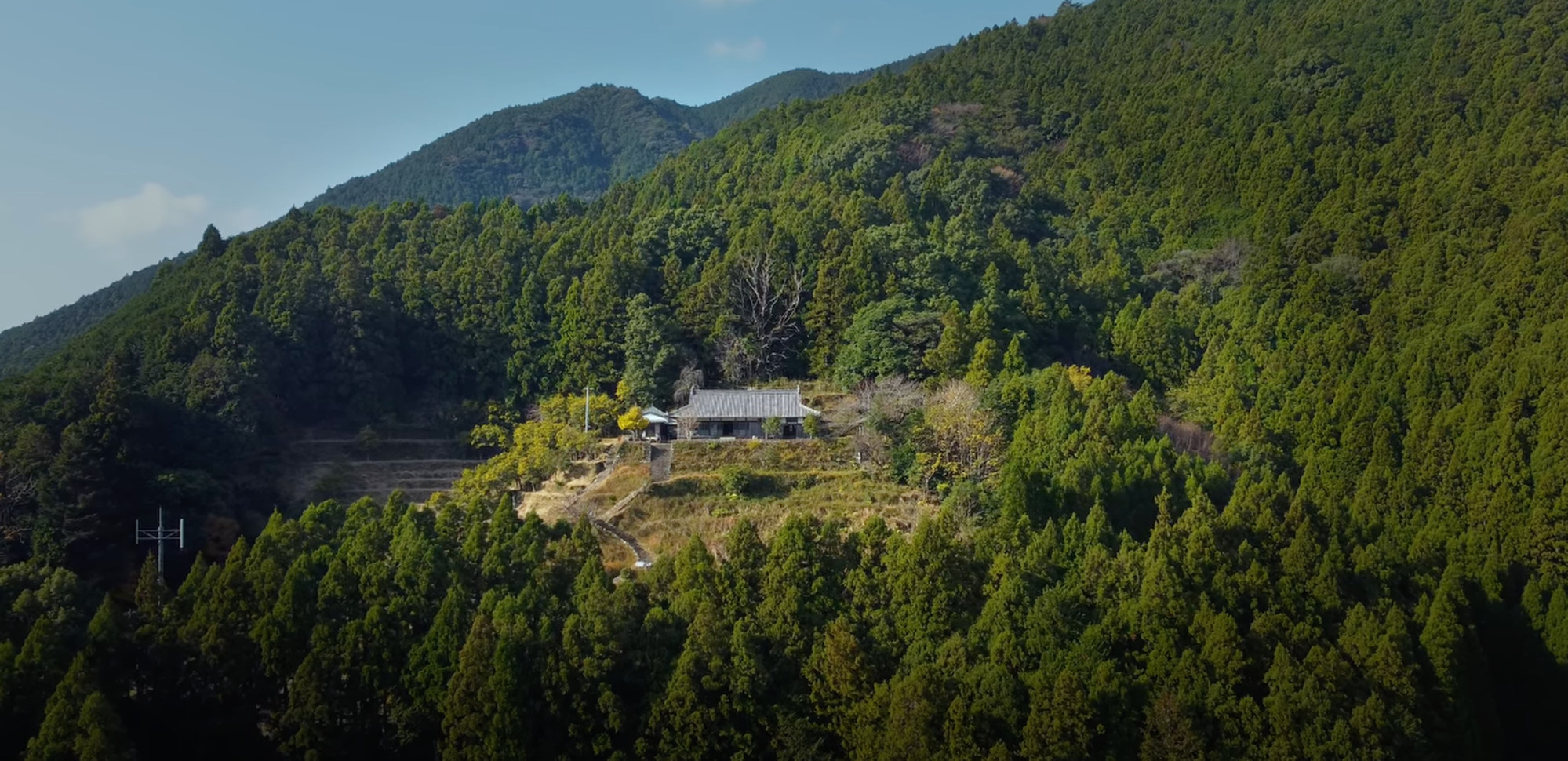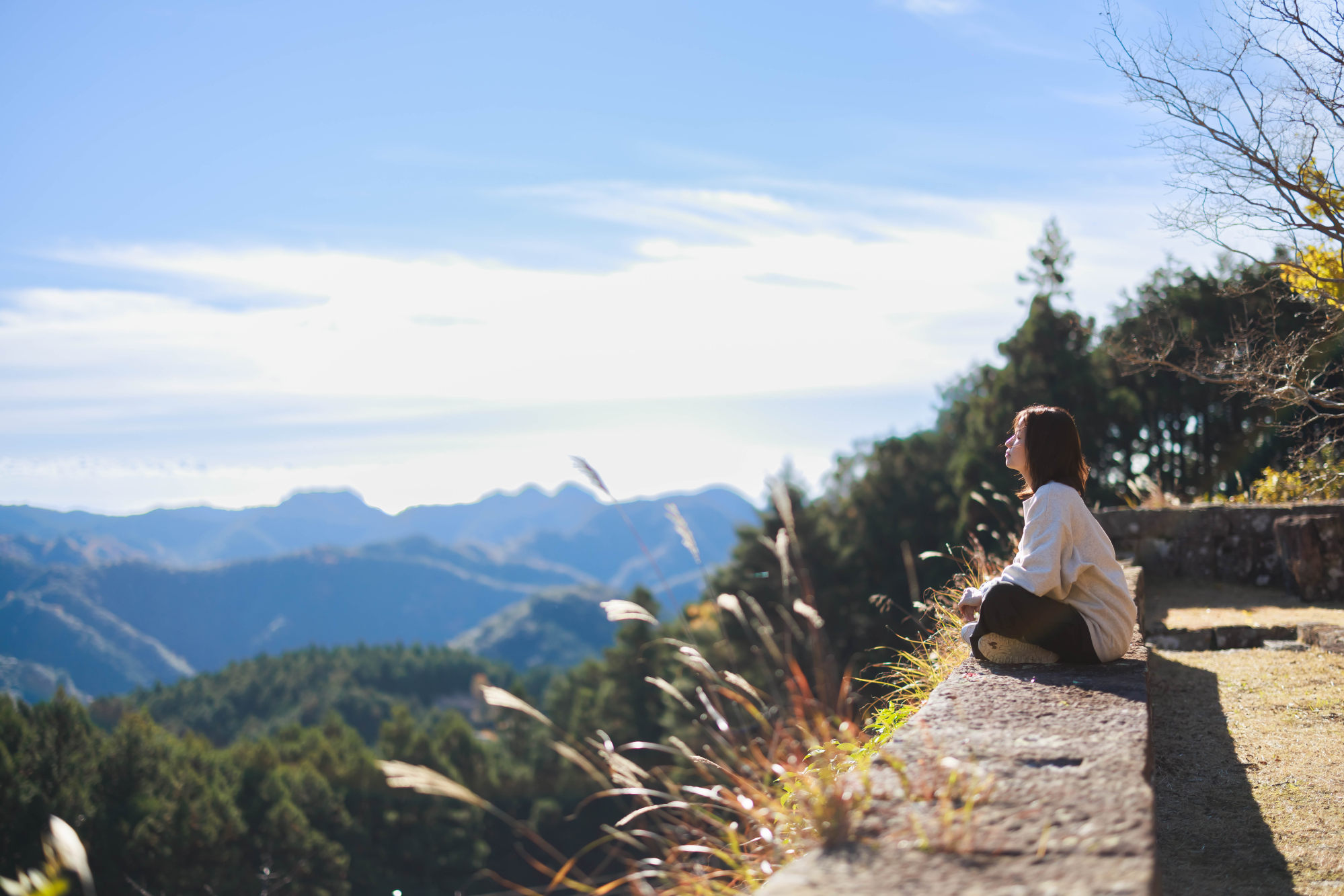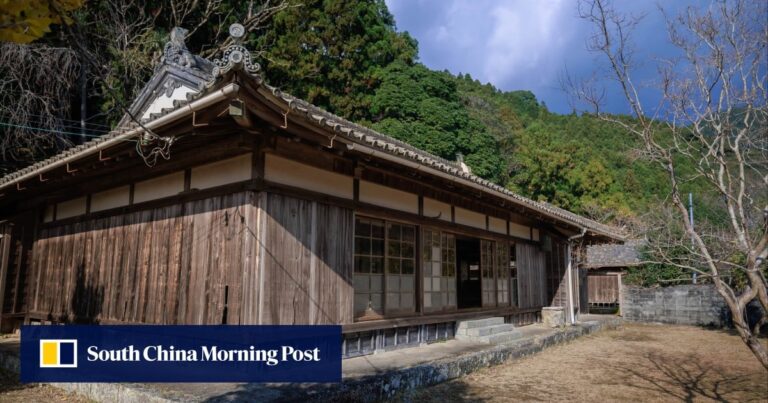Nishimura believes Japan has an estimated eight million old abandoned or vacant houses, including abandoned temples and hot springs, that could also offer attractive investment opportunities for foreigners attracted to Japan and its culture.
For example, in Kanazawa city, the capital of Ishikawa prefecture, an average of 150 historic buildings and temples are demolished or left vacant each year, according to data from the Ministry of Land, Infrastructure, Transport and Tourism.
Nishimura said the number of abandoned temples is likely to increase over the next decade as monks age and retire.
 Tamaki Nishimura, founder and CEO of PlanetDao. Photo: Handout
Tamaki Nishimura, founder and CEO of PlanetDao. Photo: Handout
“This investment is not just for financial gain but also helps preserve the culture and traditions of Japanese society,” she said.
Planet Dao plans to raise more funds from investors and acquire two more properties this year and nine more in 2025, focusing on central and southern areas such as Takayama, Gifu Prefecture, and Aoshima, Miyazaki Prefecture, in addition to Irokawa.
More than half of the startup’s investors are Japanese, followed by Americans at about a fifth. Other major investors are from the UK, Germany and Singapore. Nishimura said the latest group of investors also includes several from Hong Kong and the Philippines.
Under the scheme, 1,000 shares will be issued and investors will have the right to purchase as many shares as they wish at 34,540 yen per share.
The land for Ryugonji Temple was transferred free of charge by the religious corporation Ryugonji Temple, so all of the funds will be used to renovate the temple.
The only conditions for the transfer of ownership are that the temple buildings must remain standing, public spaces must remain open to local residents, and the temple cannot be sold without their agreement.
PlanetDao estimates that with a rate of JPY 100,000 per night and a 50% occupancy rate, the return on investment would be 9%.
Daniel Lim, 41, a life coach from Singapore, was one of the early investors in the project, putting in S$3,000 (US$2,222) as his first real estate investment in Japan.
“I like what PlanetDao is doing and to be honest, I’m not so interested in the return on investment,” Lim says. “I’m interested in seeing how this opportunity can support the community and what they can do for local people.”
In addition to dividends, investors may also enjoy free lodging and experiences within the Irokawa community, including farm-to-table meals, local festivals, and events such as mochi pounding by residents. These perks will be determined once all investors have been selected.
 Drone photography of Ryuganji Temple. Photo: Handout
Drone photography of Ryuganji Temple. Photo: Handout
Nishimura said like any investment, the project comes with risks: Planet Dao needs to get permits and licenses from the government before it can open to visitors.
“We need to prove we can build accommodation so we don’t know yet how difficult that will be. [registration as accommodation] “I don’t know what will happen in the future,” she says. “Now the temple is registered as a tangible cultural heritage site.”
If the government rejects the registration, Planet Dao has stated in its investment agreement that it will fully refund investors’ money, Nishimura said.
The property is on a hill, which could make getting water difficult and limit the number of en suite bathrooms that can be provided on the property.
Profitability depends largely on the number of guests the project attracts.
The village, which had a population of 3,000 in the 1950s but has since dwindled to around 320, is known for its organic farming and picturesque stone-walled landscape.
However, it’s not close to any major airports: to get there, fly into Nanki Shirahama Airport in Wakayama, then take the Shinkansen to Katsuura, where there’s a bus to Irokawa, or take the train from Nagoya, which also stops in Katsuura.
Japan’s booming tourism industry has made traditional hotels a safer investment, but investing in Ryoganji means more than just putting money into impersonal accommodation, said Monica Sadokiewicz, community manager at PlanetDao. A visit to Ryugenji Temple offers expansive views of the surrounding countryside. Photo: Handout
A visit to Ryugenji Temple offers expansive views of the surrounding countryside. Photo: Handout
“Hotels are a product, and they can be luxurious,” she says, “but they are built to make a profit, so tradition and heritage are lost. Japanese temples are one of the main reasons so many tourists visit Japan every year. That’s not something that’s going to change or disappear.”
Ownership of Ryuganji means involvement in the community, she added.
“If you’re the type who seeks the essence of the country, I think Rakuganji will offer you far more rewards on a human level than just financial rewards.”

